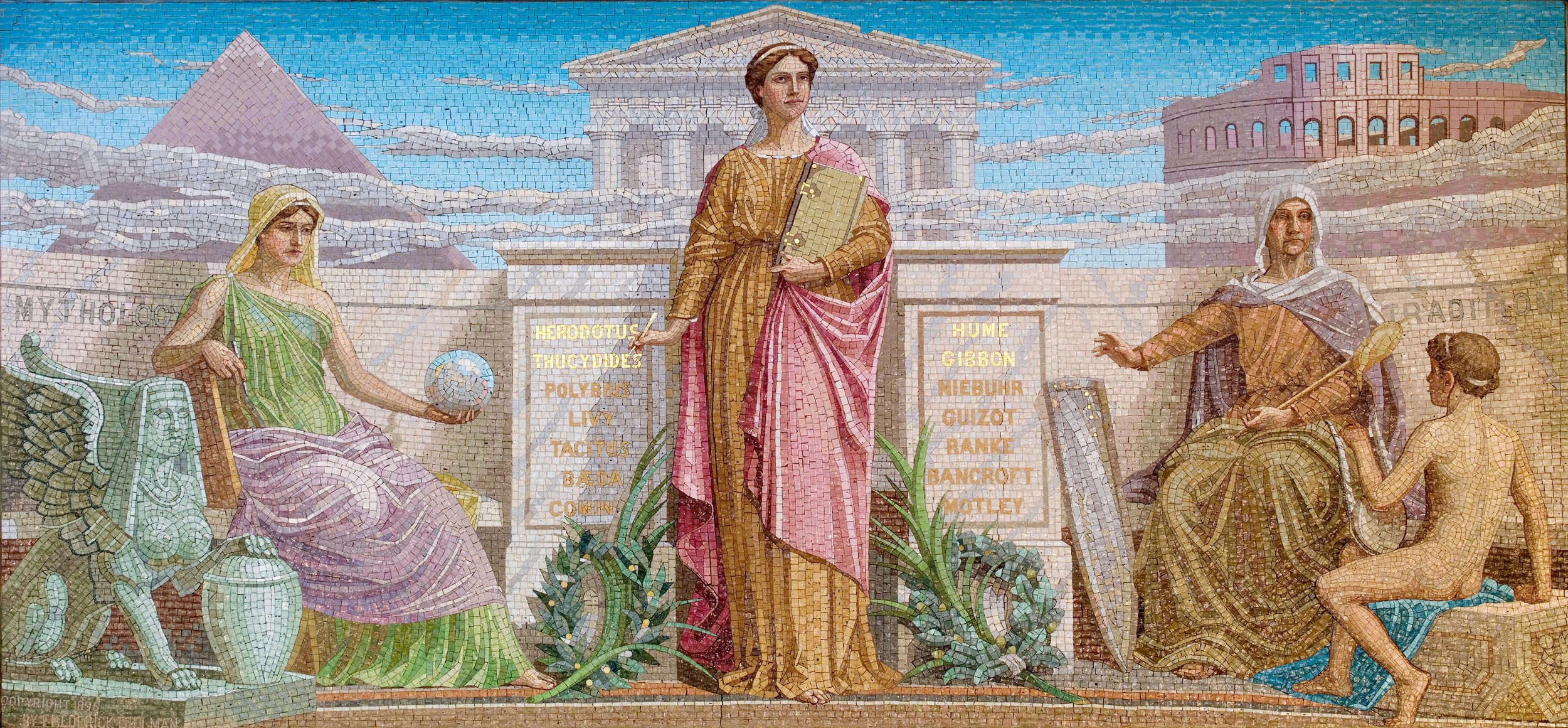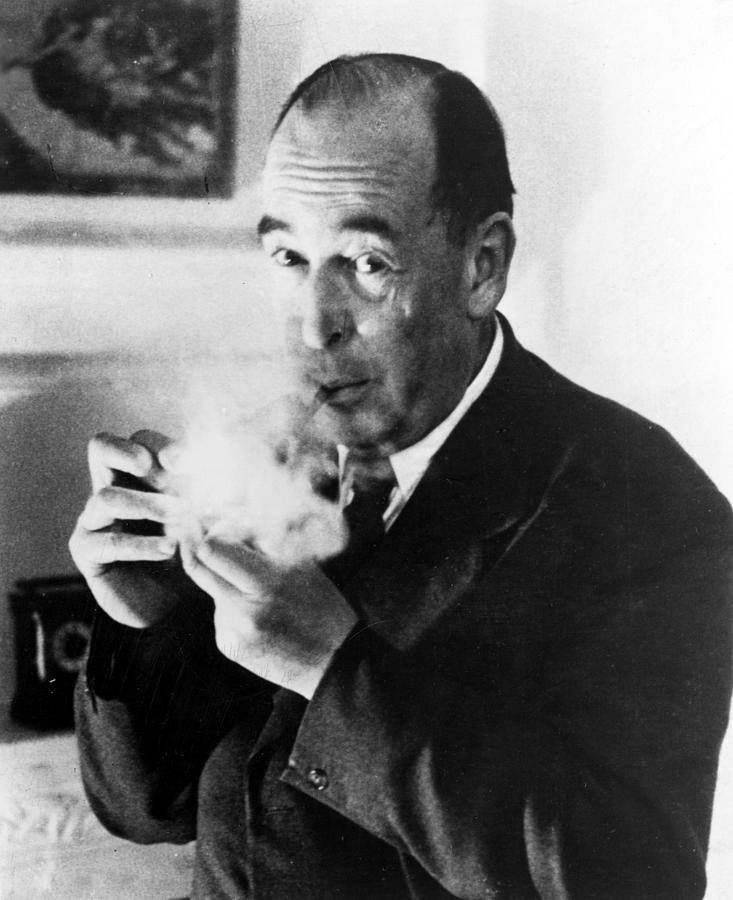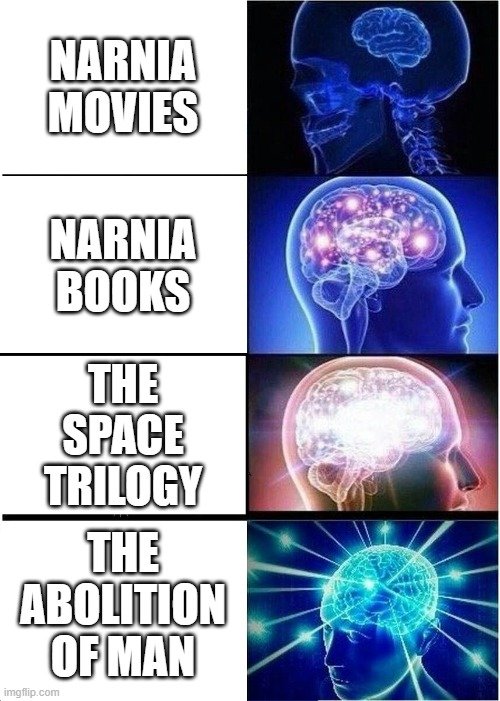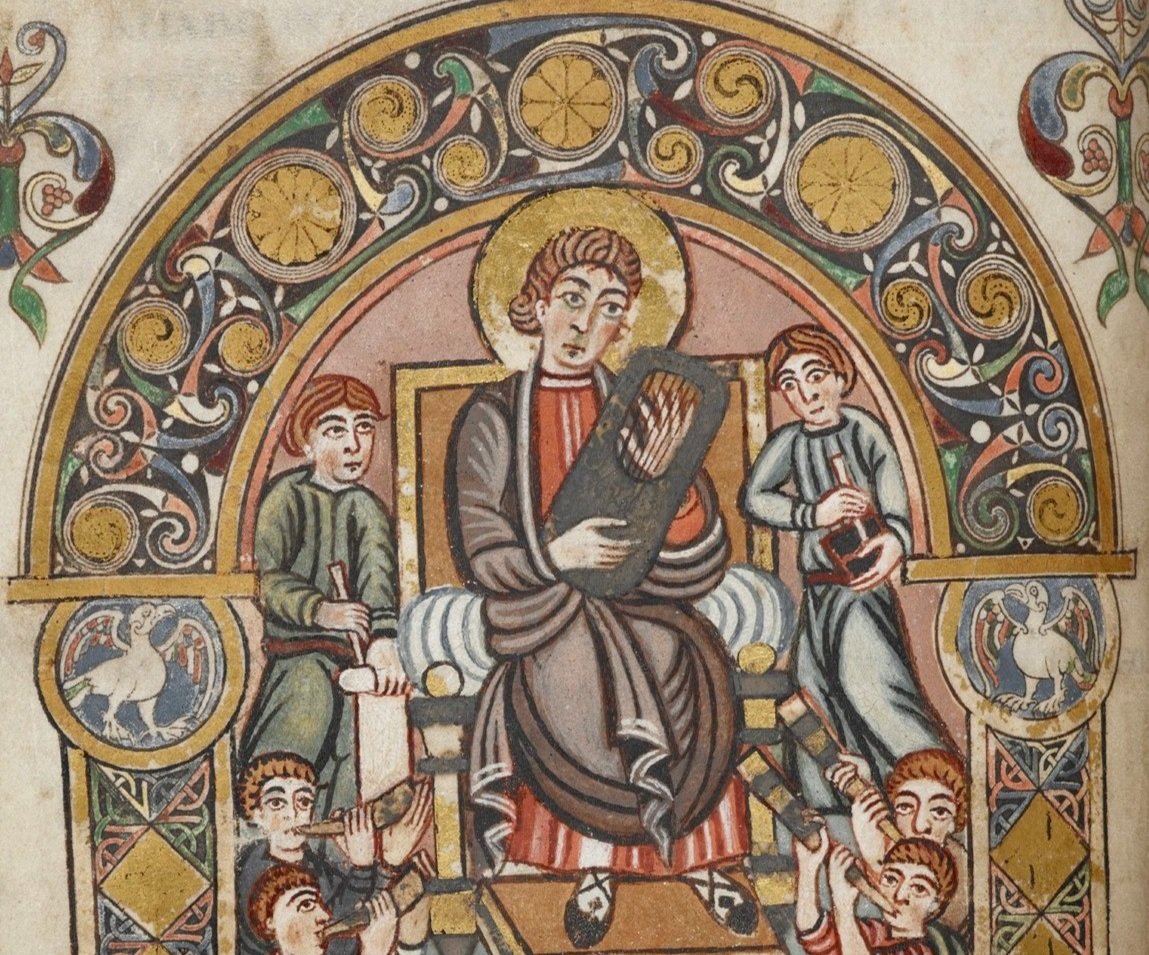History has no sides
/History, a mosaic by Frederick Dielman in the Library of COngress
I started this post some weeks ago, but sickness—mine and others—intervened. Fortuitously so, since it seems appropriate to finish and post this as a New Year’s Eve reflection, a reminder as 2023 gives way, irretrievably, to 2024.
Writing in Law & Liberty a few weeks ago, Theodore Dalrymple takes the recent conflict between Venezuela and Guyana, a large area of which Venezuela is now claiming as its own territory, as an opportunity to consider an idea invoked by Guyana’s rightly aggrieved foreign minister: “the right side of history.”
This is now a common term for an idea that was already fairly widespread, a sort of popularized Whig or Progressive view of history’s supposed outworkings that, as Dalrymple notes, “implies a teleology in history, a pre-established end to which history is necessarily moving.” History has a goal, an ultimate good toward which societies and governments are moving, a goal that offers an easy moral calculus: if a thing helps the world toward that goal, it is good, and if it hinders or frustrates movement toward that goal, it is bad. This is how history comes to have “sides.”
As worldviews go, this is relatively simple, easily adaptable—whiggishness, as I’ve noted, tends to be its conservative form, and Progressivism or doctrinaire Marxism to be its liberal form—and offers a clarity to thorny questions that may have no easy answer. This is why people who believe in “the right side of history” are so sure both of themselves and of the perversity and evil of anyone who disagrees with them.
But “the right side of history” has one problem: it doesn’t exist. Dalrymple:
“[H]istory has no sides and evaluates nothing. We often hear of the ‘verdict of history,’ but it is humans, not history, that bring in verdicts.”
But history has no sides and evaluates nothing. We often hear of the “verdict of history,” but it is humans, not history, that bring in verdicts, and the verdicts that they bring in often change with time. The plus becomes a minus and then a plus again. As Chou En-Lai famously said in 1972 when asked about the effect of the French Revolution, “It is too early to tell.” It is not merely that moral evaluations change; so do evaluations of what actually happened and the causes of what actually happened. We do not expect a final agreement over the cause or causes of the First World War. That does not mean that no rational discussion of the subject is possible—but finality on it is impossible.
“It is true,” he continues, “that there are trends in history, but they do not reach inexorable logical conclusions.” This is the false promise of Hegel or, further back, the Enlightenment. Outcomes are not moral judgements, and victories of one side over another are not proof of rightness. Dalrymple:
History is not some deus ex machina, or what the philosopher, Gilbert Ryle, called the ghost in the machine; it is not a supra-human force, a kind of supervisory demi-urge acting upon humans as international law is supposed to act upon nations. . . . Are we now to say that authoritarianism is on the right side of history, as recently liberal democracy was only thirty years ago, because so much of the world is ruled by it?
To equate victory with goodness or to view success as superiority—the inescapable but usually unstated Darwinian element in “the right side of history”—is, as CS Lewis put it, to mistake “the goddess History” for “the strumpet Fortune.”
Dalrymple concludes with an important question, one he is unusually reticent in answering:
“History might excuse our worst actions, justifying grossly unethical behaviour.”
Does it matter if we ascribe right and wrong sides to history? I think it could—I cannot be more categorical than that. On the one hand, it might make us complacent, liable to sit back and wait for History to do our work for us. Perhaps more importantly, History might excuse our worst actions, justifying grossly unethical behaviour as if we were acting as only automaton midwives of a foreordained denouement. But if history is a seamless robe, no denouement is final.
I’m going to be more categorical and say that it certainly matters whether we believe history has sides, and for the latter of the two reasons Dalrymple lays out. History—with a right and wrong side and a capital H—offers a rationalization, a handy excuse. Armed with an ideology and a theory of history’s endpoint and the post-Enlightenment cocksureness that society is malleable enough to submit to scientific control in pursuit of perfection, group after group of idealists has tried to shove, whip, or drag the world forward into the light. And when the world proves intractable, resistant to “the right side of history,” it is easy to treat opponents as enemies, blame them for failure, and eradicate them.
This is true even, and perhaps especially, of groups that start off making pacifist noises and decrying the violence and oppression of the status quo. The Jacobins and the Bolsheviks are only the most obvious examples, though our world in this, the year of our Lord 2023, is full of groups that have granted themselves permission to disrupt and destroy because they are on “the right side of history.” What do your puny laws, customs, and scruples matter in the face of History?
That’s the extreme danger, but a real one as the last few centuries have shown. Yet the first danger Dalrymple describes is even more insidious because it is so common as to become invisible—the smug complacency of the elect.
What kind of grim New Year’s Eve message is this? It’s a denunciation of a false idea, sure, but also a plea to view the change from 2023 to 2024 as no more than that—the change of a date. Year follows year. Time gets away from us. Everything changes without progress, things neither constantly improving nor constantly worsening and with no movement toward a perfect endpoint of anyone’s choosing.
Unless, of course, something from outside history intervenes. History, like war, like gravity, like death, is a bare amoral fact in a fallen world. If it is to have meaning and moral import at all it must come from somewhere other than itself. For those of us who believe in God, this is his providence. He has an endpoint and a goal and a path to get there but, tellingly, though he has revealed his ends he has kept his means, the way there, hidden. Based on what I’ve considered above, this is for our own good. The temptation not only to divine his hand in our preferred outcomes but to seize control of history and improve the world is powerful. We haven’t reached the end of it yet.
Until then, if history has sides at all, they are only the two sides of Janus’s face—looking behind and ahead, observing but never reaching either past or future. The more clearly we see this, the more deliberately we can dispel the luminous intellectual fog of thinking about the movement of History with a capital H, the more we can focus on the things nearest and most present with us. Celebrate the New Year, pray for your children, and get to work on the little patch that belongs to you, uprooting evil in the fields you know. That’s my goal, at least.
Thanks as always for reading. Happy New Year, and best wishes to you for 2024!
More if you’re interested
Dalrymple’s entire essay is worth your while. Read it at Law & Liberty here. The sadistic violence of the ostensibly pacifist French Revolutionaries is fresh on my mind because of David A Bell’s excellent book The First Total War, which I plan to write more about in my reading year-in-review. For CS Lewis on the false idea of “the judgement of history,” see here. And for one of my favorite GK Chesterton lines on progress, see here. For a view of history and progress and the pursuit of human perfectibility that closely aligns with my own, see Edgar Allan Poe here. Let me also end the year with another recommendation of Herbert Butterfield’s classic study The Whig Interpretation of History, the fundamental text in rebuking ideas of progress.


















